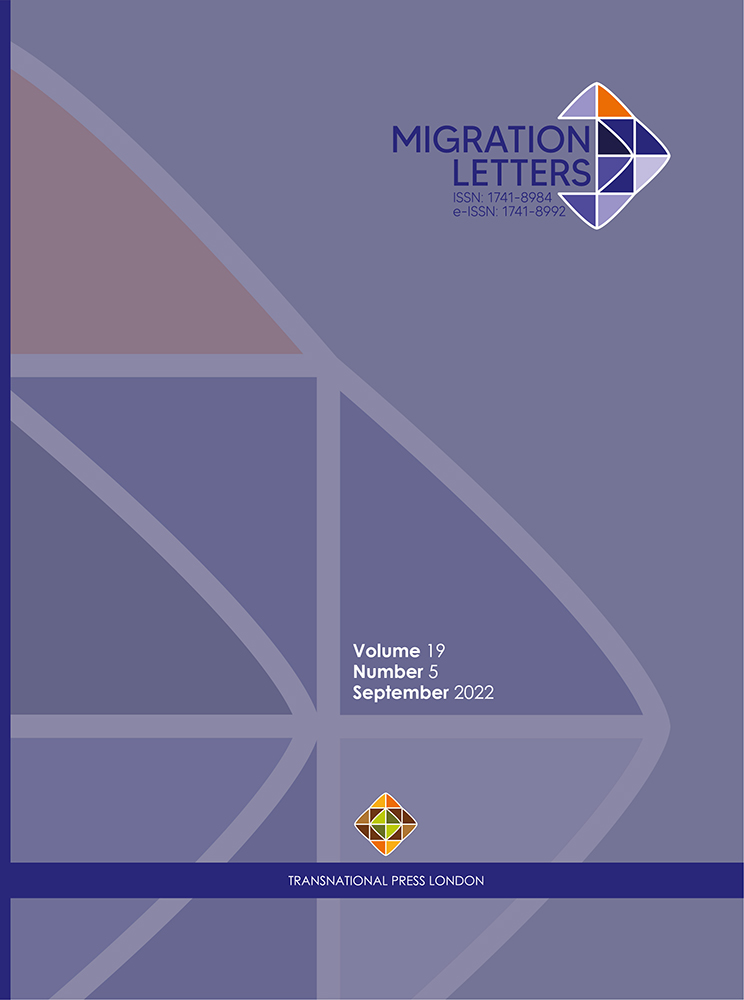The Influence of Acculturation on National Identity: A Sociolinguistic Analysis of Kazakh and Palestinian Fiction
The Influence of Acculturation on National Identity: A Sociolinguistic Analysis of Kazakh and Palestinian Fiction
Author(s): Aigerim Zhumadilova, Dina KoptileuovaSubject(s): Sociolinguistics, Culture and social structure , Nationalism Studies, Identity of Collectives
Published by: Transnational Press London
Keywords: Kazakhstan; shala-Kazakh; national identity; Palestine; self-identification; identification of migrants;
Summary/Abstract: The term “identity” has many specific definitions in the philosophical, psychological, sociological and cultural sciences, but can be defined as a set of individual personal and behavioural characteristics, attributes, beliefs and desires that define an individual as a member of a certain group. After gaining independence in 1991, Kazakhstan, which has experienced at least seventy years of “colonial” policy with various linguistic political strategies as well as forced migrations, found itself in an interesting sociolinguistic situation, with a large number of Russian-speaking population consisting of both ethnic Russians and other national minorities, as well as ethnic Kazakhs, representatives of the titular nation. This article analyses the sociolinguistic phenomena, such as “shala-Kazakh/urban Kazakh” in independent Kazakhstan, and the Hebrew language of the Palestinians, the indigenous population of the territory now called Israel, as well as the influence of these phenomena on the national identity.
Journal: Migration Letters
- Issue Year: 19/2022
- Issue No: 5
- Page Range: 629-639
- Page Count: 11
- Language: English

